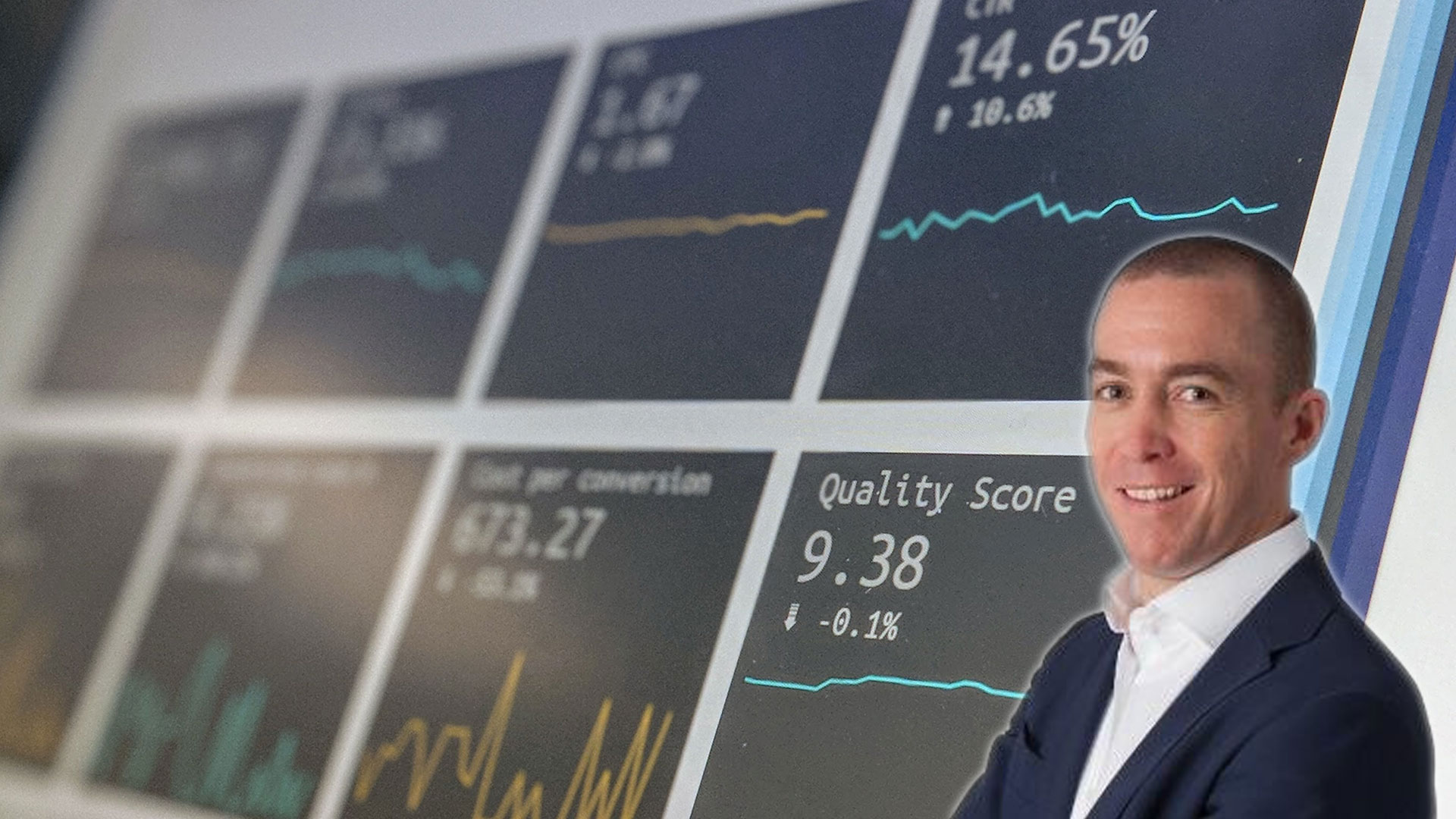Cultivating Data and Analytics Innovation at Blackmores: Matt Minor

Matt Minor, Head of Group Data and Analytics at Blackmores, joined day two of the Business of Data Festival to discuss the health supplements producer’s data and analytics journey
For data and analytics professionals, kicking off a new data initiative is an exciting time. But before overseeing any data collection, governance, modelling or analytics, data leaders need to promise or demonstrate a clear value proposition to the wider organisation.
During Corinium’s first Business of Data Festival, held in July 2021, Australian health supplements producer Blackmores’ Head of Group Data and Analytics, Matt Minor, joined us to talk about promoting data-driven decision-making and the work data leaders must do to inspire advocacy around their initiatives.
For Minor, securing this kind of cultural embrace must start at the top, if a data and analytics strategy is to succeed.
“[It's about] the executive team right from the get-go leading with data,” he said. “That basically distils down through the organization. So, a lot of focus needs to be given at the top-level to give executive teams comfort that they can trust the data and that the data has given them insights that they wouldn’t normally be able to get."
With a basic plan for data to get them started, data-savvy executives will help to drive the momentum that will accelerate other initiatives in productivity or efficiencies, Minor said.
“And the great news is, we have an executive team at Blackmores that is fully engaged in using data to make the best decisions they can,” he said.
Another key element Minor cited as being a prerequisite to data-enabled business culture is people owning data and recognizing it for the meaningful asset that it is.
“If business [units] don’t own that data, it can start to dissipate and quality can start to disappear," he said. "So, a big outcome from the executive driving that and demanding high-quality data is that it will flow through into true data ownership.”
'Phase Two' of the Blackmores Data Strategy
Blackmores launched its data strategy in 2017. Minor's team has since developed a group data platform that provides the foundational layer upon which all the innovations along the next phase of the data strategy will be built.
“The next step for us is to really kick off in the next 12-18 months,” Minor said. “We’re reskinning our data strategy to take it to the next level around advanced analytics. It’s a really exciting time for Blackmores and, my team personally, they’ve done a lot of the hard yards to build the foundation, collect massive amounts of data that we can now use in those analytical endeavors.”
Blackmores’ group IT policy is cloud-first, and the company has harnessed Microsoft’s Azure cloud platform to support the group data platform.
“I totally get that there will be on-premises solutions but, for me, cloud is where you need to be,” Minor said. “The group data platform itself, it’s across many different departments. We operate in 13 markets around the world, so we collect all that data on a daily basis. We’ve got around three or four terabytes of data already. We process around 200MB a day of just data. It’s doubling in size every year, so we are amassing a huge amount of data.
“What we’ll have to do now is start to realize the value of that data. We know it’s there, we know it’s accurate and we’ve got a great executive team with senior leaders that are really starting to see the value of that.
“If I look at some of the projects across supply chain, finance, customers, consumers, we’re actually building true data value propositions for our customers and consumers, all with security and privacy built-in from the get-go.”
Innovation and the Future
Minor said that Blackmores is making plans for AI applications for things like customer experience improvement and developing a next-generation CRM (client relationship management) platform. But he argued that the company would be remiss not to pair existing data with domain expertise to expose hidden insights.
“I think for me personally I think there is a lot of latent value in data," he said. "A lot of companies can get too excited with machine learning models and AI and get distracted from what’s actually there in their datasets.”
Minor said Blackmores had already seen this first-hand when a supply chain analyst, armed with relevant data, identified the cause of a missed KPI and was able to use that insight to improve that particular process quickly.
“Innovation doesn’t have to be a massive technical output, or even worse a technical program of work," Minor concluded. "It can actually just be giving people [access to data], getting close to the data to really drive innovative insights.”
Lessons in Bringing Data to Business
With a career spanning more than 20 years, Minor said he has two main lessons to share with respect to data. First of all, he suggested that data professionals should be mindful of the current level of maturity of their organizations.
“Don’t presume that the other side of the fence, the people using the data, are actually ready to go,” he said. “Ten years ago, there was all this talk about data being the new oil. Yet, there are a lot of companies out there right now that are not even touching their data.”
“If you are building a data warehouse, a data platform, a data culture, a data strategy, all of those foundations you put in place, they will get their time in the sun," he continued. “It’s just taken a long time for executive teams and companies across the board to really learn about the power of data.”
Minor’s second lesson, he said, had to do with change.
“We’re an Azure shop," he said. "We have all our databases in Azure and one of the key things we did was go all-in on Power BI.
“And of course, we got all keen and enthusiastic and thought that the business would naturally follow us when we said, ‘Hey we’ve launched Power BI, the number one analytical product in the market.’ Why wouldn’t the entire business jump on that and just go for it?
“But we had to learn the hard way, and even now we are having discussions, a year later, with people who are yet to use Power BI. So, that just teaches me: change. You need to get absolutely on the front foot right from the launch of your next program, and bake change in.
"[You need to consider] how you are going to educate, train and support the rollout of any solutional product that you bring to market internally. That’s been a huge learning.”
To catch up on all the insights shared by Australia and Asia Pacific’s top data and analytics executives at the 2021 Business of Data Festival, browse all the festival sessions on-demand here.



